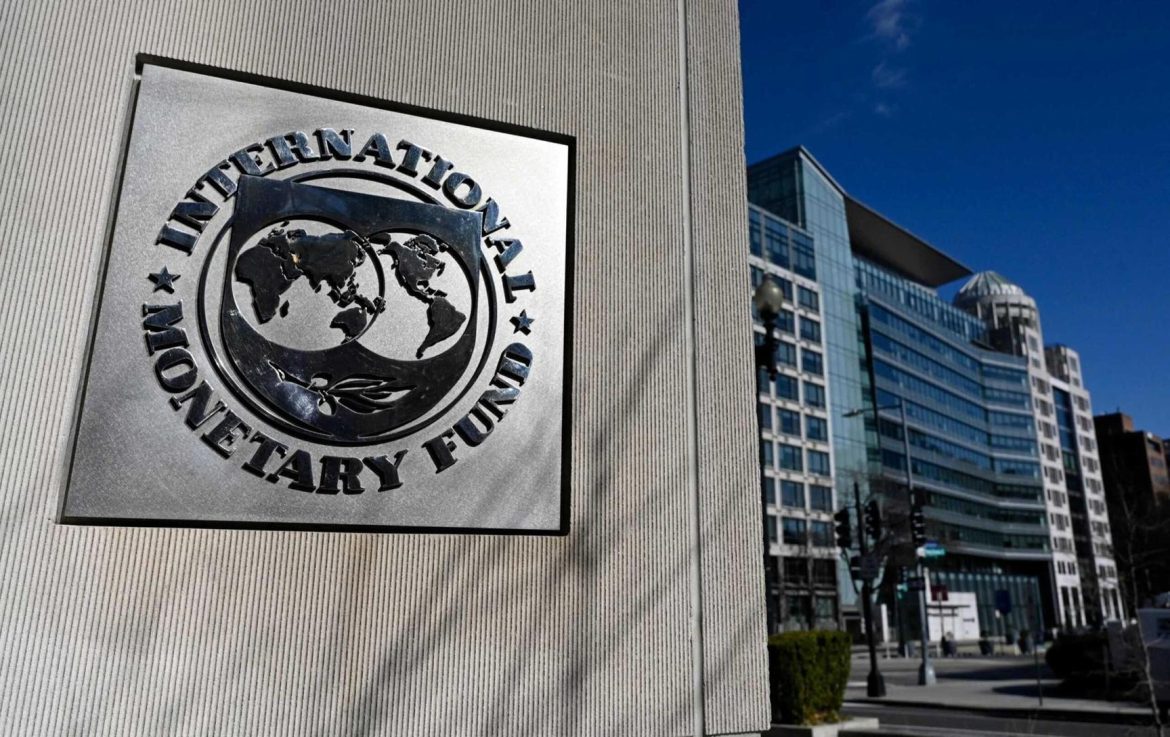Deloitte Ghana has advised the government to take its time before returning to the international capital market, even though the economy has been showing strong signs of recovery. The research and advisory firm says the authorities must avoid repeating past mistakes that led the country into a heavy debt crisis in 2022.
The advice comes at a time when Ghana’s economy has been getting positive reviews from international credit rating agencies, thanks to improvements in key macroeconomic indicators over the last six months of 2025.
Deloitte Ghana cautioned that while the temptation to borrow from foreign investors may be high, the country must ensure that such debts are used strictly for strategic capital projects that can generate enough returns to repay the loans.
“Reliance on foreign debts must be moderated, with inflows strictly channeled into strategic capital investments that can adequately support repayment of such loans,” the report said.
Deloitte noted that Ghana’s debt-to-GDP ratio has dropped significantly, moving from 78.5% in December 2021 to 43.8% in June 2025. This, it said, shows improved debt sustainability and progress towards the government’s medium-term debt target of 55%, which was agreed upon with the International Monetary Fund (IMF).
Government data shows that the country’s total public debt reduced by GH¢113.7 billion within six months — from GH¢726.7 billion at the end of December 2024 to GH¢613 billion in June 2025. This represents a 15.6% drop.
The sharp decline has been attributed to two main factors: the appreciation of the Ghanaian cedi against the US dollar and the successful completion of the government’s debt restructuring programme. The gross public debt as a share of GDP stood at 70.6% in June 2024 but fell to 43.8% a year later.
Deloitte believes that this improvement will likely lead to even better ratings from other top international agencies such as Standard & Poor’s (S&P) and Moody’s. Stronger ratings, the firm explained, will boost investor confidence and could help attract more favourable investment into the country.
The firm also commended the government’s efforts to ensure debt sustainability, particularly through the establishment of cash buffers like the sinking fund. A sinking fund is a reserve account where the government sets aside money to repay debts when they mature, reducing the risk of default.
“We recommend that the government accelerate efforts in this regard and provide regular updates on the fund’s position in order to enhance investor confidence,” Deloitte stated.
While Deloitte’s message is generally positive about Ghana’s recent economic progress, it stresses the importance of maintaining fiscal discipline. The firm warned that rushing to borrow again without proper planning could reverse the gains made in stabilising the economy.
Analysts say Ghana’s recent success in lowering its debt burden is largely due to tough policy decisions under the IMF-supported programme, which included debt restructuring with both local and international creditors, tight spending controls, and measures to boost domestic revenue.
Economic observers in Accra note that the government will still need external funding for certain infrastructure and development projects, but the timing and purpose of such borrowing will be critical. If Ghana can keep debt levels manageable and continue with reforms, it may regain full access to global capital markets under better terms in the coming years.
For now, Deloitte’s advice reflects a cautious optimism — acknowledging that Ghana’s economy is on the right track but warning that the path forward must be carefully managed to avoid another debt crisis.
